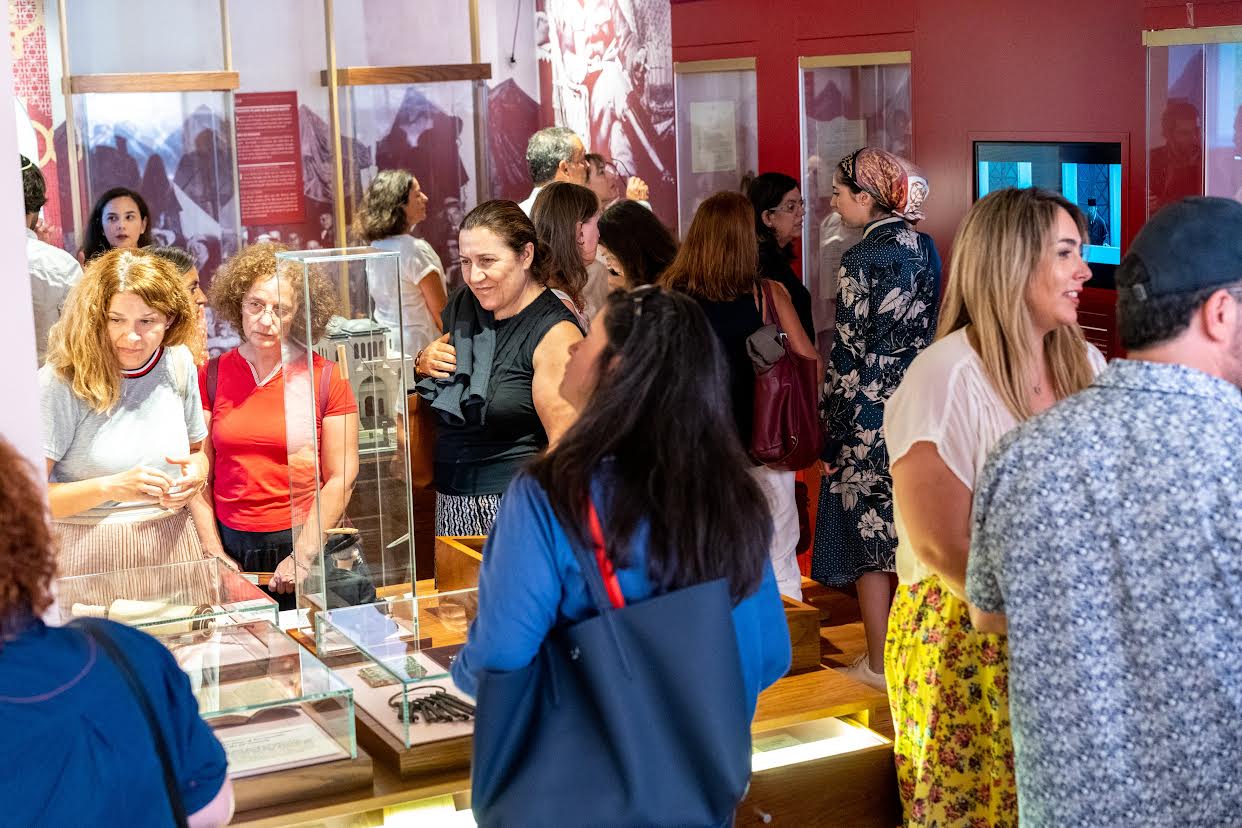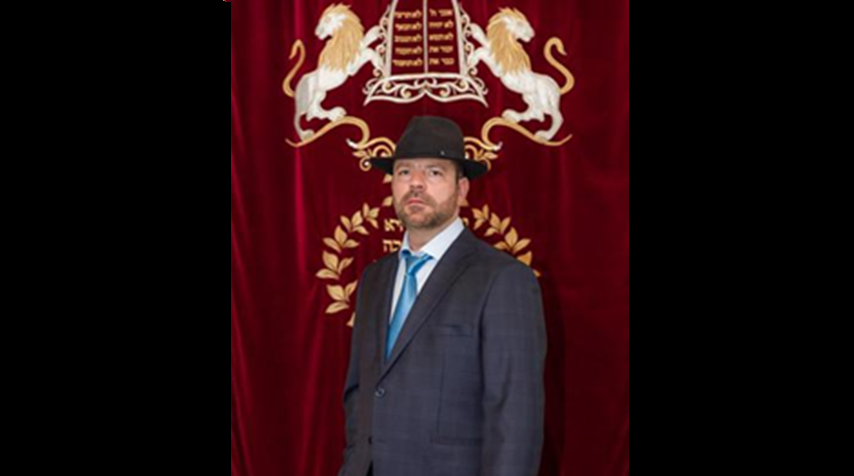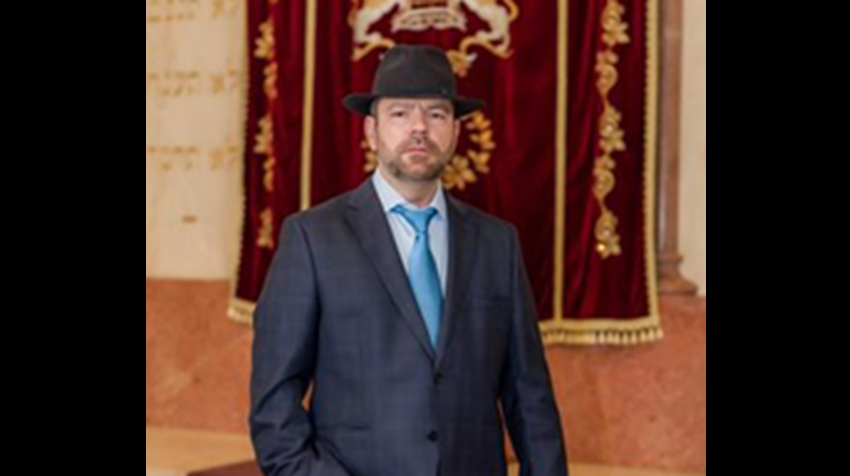Vivian Groisman, from the cultural department of the Jewish Community of Oporto announced that the Oporto Jewish Museum will have a room dedicated to antisemitism that will be inaugurated on March 31, the National Day of Remembrance of the Victims of the Inquisition.
The Museum, which in addition to its main exhibition rooms, already has multiple other rooms dedicated to specific themes and attracts students from Portuguese schools and Jewish tourist groups from all over the world, plans to dedicate an area of about 110 m2, to modern antisemitism.
Groisman explains, “it is important that students in Portuguese schools do not associate antisemites only with skin-heads and jihadists. Antisemites belong to all political and religious factions and have a negative perception of Jews, Judaism or Israel, which they always perceive as a threat to other peoples.”
Before the Second World War, an estimated 9.5 million Jewish people lived in Europe. Nowadays, the Jewish population in the EU is estimated to be up to 1.5 million people. In recent years, the Jewish population in the EU has been declining, in particular to security concerns, as well as to the perceived lack of determination of some governments to address antisemitism.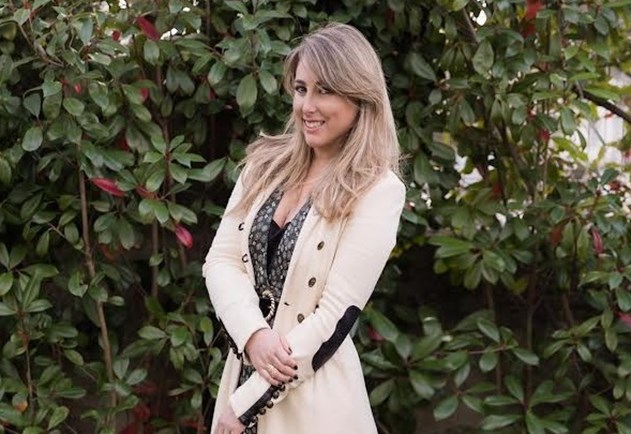
“Jews are seen as a foreign minority of plutocrats who are not in need of protection. They are murdered by extremists who believe they have to ‘defend’ their homeland or religion and are despised by those who make a profession of defending minorities in general - except for the Jews,” adds Groisman.
The central area of the new museum hall will have some huge statues on display representing modern antisemites, incorporating their ideas, publications, and other forms of expression. Contemporary antisemitism can be found in radical and fringe groups espousing right-wing, left-wing or Islamist extremism, it can hide behind anti-Zionism, but it can also be easily found in the centre of society.
Groisman exemplifies with the law of Portuguese nationality for the Sephardim: “This law aimed to renew the ties between Portugal and the Sephardic Jewish diaspora numbering more than 1 million people. Seven years after the law came into effect, with certificates issued for less than 1/10 of this population, we will shed light on the actions of individuals who launched suspicions and invoked worn stereotypes against the Portuguese Jewish Community, accusing them of improper business and financial interests and trickery, of freemasonry, and even of being a danger to the nation: these are the sort of expressions anti-Semites have used in connection with Jews for centuries.”
News, opinion articles and posts by influencers on social media (with the names of the authors removed), as well as anonymous denouncements, and even a curious proof of payment of 250 euros, will be displayed, explained, and contextualized. Groisman said she expects this collection to grow with the likelihood of new contributions from new denigrators and slanderers.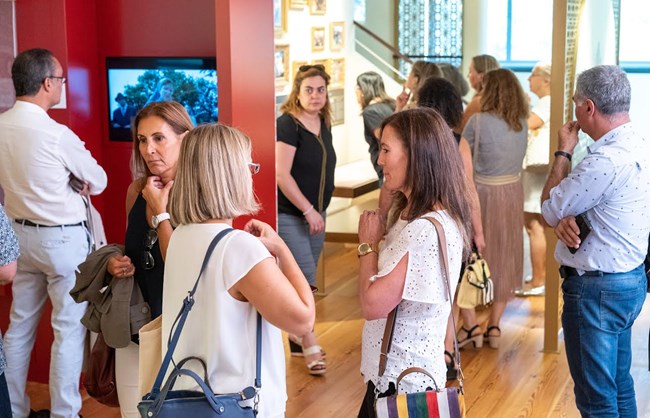
“Antisemites judge others through the lens of their own world view; constantly imagining illicit circulation of money, Jewish Freemasons, and conspiracy theories. It will take them a life-time to try to prove everything they have said and insinuated, knowing that in the meantime they will be exposed to schools and tourists. It is a case of saying: behatzlacha”, adds Groisman.
The Jewish Museum of Oporto, which will house the new room, was inaugurated in 2019. In his address at the Museum's opening ceremony, the President of B'nai B'rith International said: “This Jewish Museum will punctuate the awakening of Jewish life in Portugal and should serve as a beacon of light for the rest of Europe, a land now obscured by resurgent antisemitism.”
Oporto Jewish Museum is building an “Antisemite Room”
